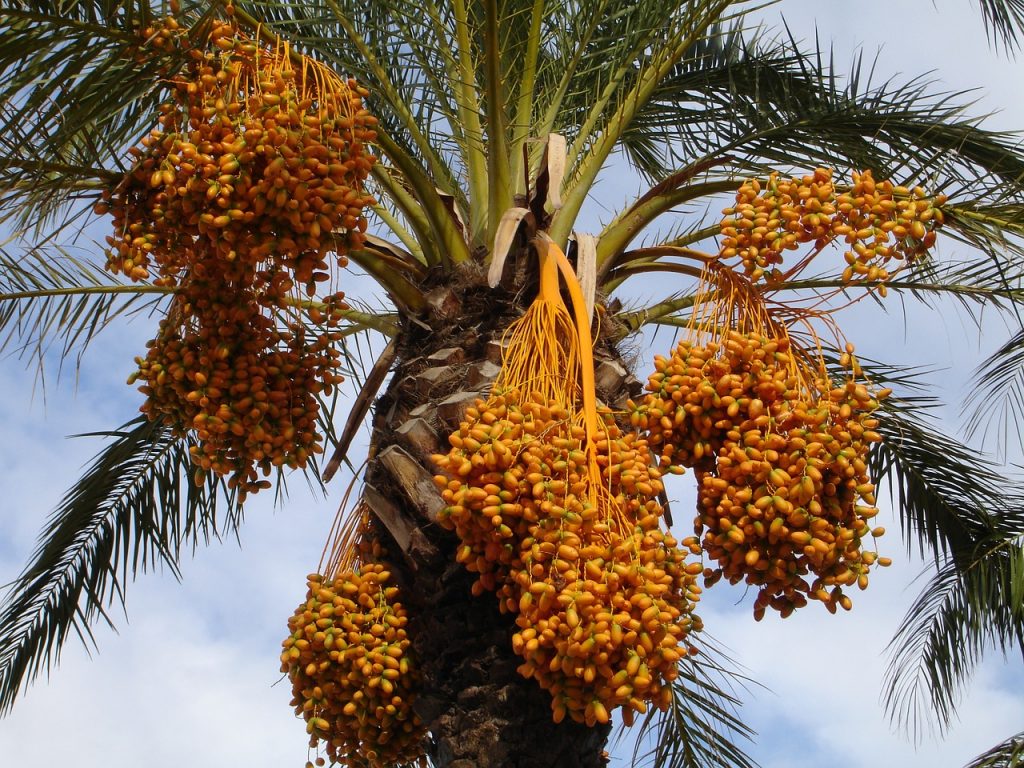Sentimentality stifling youths’ agricultural future
I know from personal experience it’s difficult for parents to let go of things they’ve cherished for years – for my dad, it’s broken antique chairs that he insists he’ll fix when he ‘has a spare moment’… i.e. never. ‘What’s the link between clutching on to family objects and youth engagement in agriculture,’ I hear…
Overcoming cotton insect/pests through Natural Enemies Field Reservoir (NEFR) technology in Pakistan
Cotton is one cash crop of Pakistan which is attacked by a number of pests including sucking (aphid, jassid, white fly) piercing (mites), cutting (white ant) and chewing (boll worms). Izhar Nabi Sehto of Kurkuli village, district Sanghar of Sindh province, said the only option that comes readily to the farmer’s mind when looking for a control…
Plant Parasitic Nematodes – the world’s most important crop pathogen?
By Richard Sikora, Danny Coyne, Johannes Hallman and Patricia Timper Plant parasitic nematodes – overlooked, neglected, little known and mostly out of sight; surprising then that they cause billions of dollars’ worth of damage to global crop production annually. In the tropics and subtropics they persistently undermine production, result in massive waste of disfigured and unmarketable…
Reaping a better cotton crop without the use of pesticides
Kurkali is a small village with 8700 households in Tehsil Sinjhoro, District Sanghar. Most of the farmers in this village are either ‘medium-sized farmers’, having less than 30 hectares of farmland, or small, with a farm size of 1 to 2 hectares. During the summer season, farmers grow cotton followed by seasonal vegetables and wheat.…
The palm oil debate continues
Nowadays palm oil has become ubiquitous as an ingredient across our supermarket shelves, from peanut butter to crackers it is in almost everything. It is also found in nearly half of all household products in developed countries. However, this is a relatively recent trend and given that the demand has increased so quickly, you…
Mapping out ‘Biological control for a healthy planet’ – notes from a China conference
By Dr Sivapragasam (Siva) Annamalai, Regional Director/Plantwise Regional Team Leader at CABI More than 1000 biological control researchers and practitioners from 46 countries came together in Beijing, China during the week of 14 to 16 May 2018 to participate in this First International Congress on Biological Control (ICBC-1). The theme of the Congress was “Biological…
Making progress on the biological management of Red Palm Weevil at KhairPur – Sindh
By Riaz Mahmood and Naeem-ul-Haq, CABI Central and West Asia (CWA), Rawalpindi Date palm (Phoenix dactylifera L.) is of high economic importance for livelihood for hundreds of farmers families in Pakistan. Fruit and tree parts are of many uses. Date palm trees are spread over 98,000 hectares across Pakistan making it the fifth largest date…
Phytosanitary Risk Management Programme – transforming livelihoods in Pakistan
Meet Rozina Babar, she is one of thousands of smallholder farmers in Pakistan whose livelihoods are threatened by agricultural pests and diseases that can devastate crops and ultimately have a severe impact on food security and profitability. However, thanks to the CABI-led Phytosanitary Risk Management Programme – funded by USAID-USDA and working with partners including…
Showcasing smart agriculture in comic exhibition
Comics have long played a role in entertaining young people, and even adults, going right back to the Golden Age of Comic books in the 1930s. One only has to think of Superman, Batman, Wonder Woman, Captain Marvel and many more. But you would be forgiven for being surprised at knowing that comics can also…
Cotton harvest picture special
The power of the image paints a picture that speaks a thousand words and that is certainly the case with these fantastic images taken by photographer Asim Hafeez. Asim was commissioned by CABI to document the process of harvesting cotton in Pakistan – the country’s largest industrial sector – where more than 500,000 farmers…





